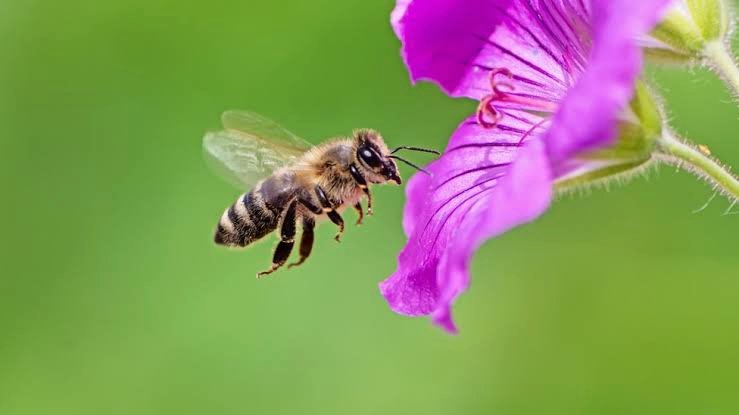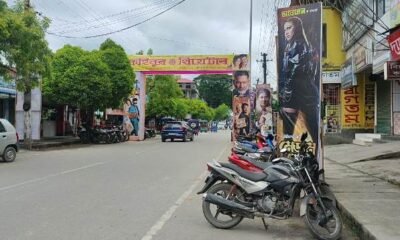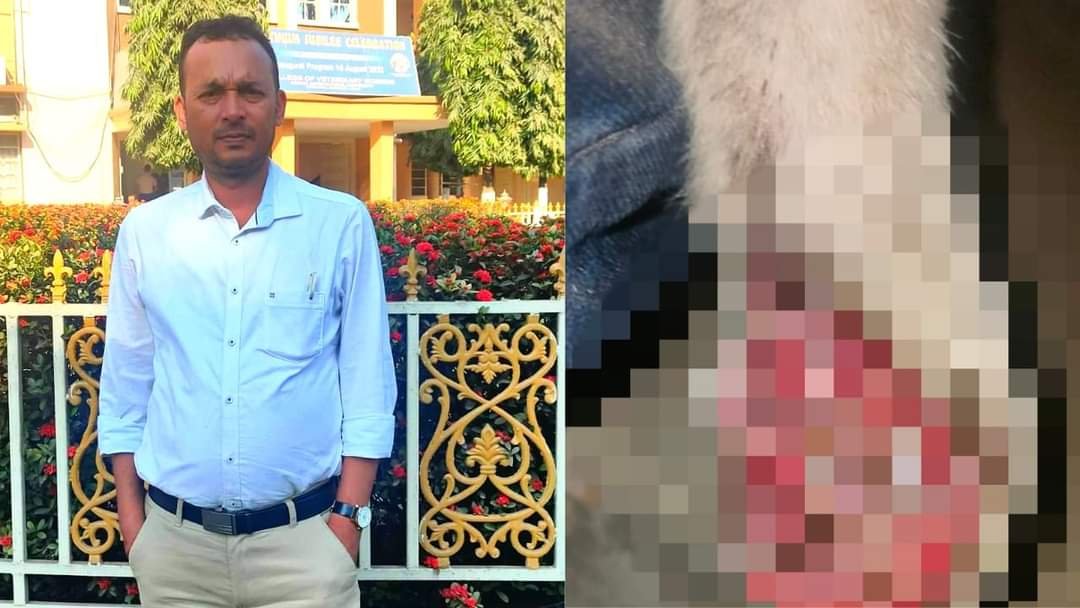Featured
Bees in the Netherlands trained to detect COVID-19 infections

Scientists in the Netherlands have trained bees to identify COVID-19 through their sense of smell, according to a press release from Wageningen University.
The research was conducted on more than 150 bees in Wageningen University’s bio-veterinary research laboratory.
The scientists trained the bees by giving them a treat – a sugar-water solution – every time they were exposed to the scent of a mink infected with COVID-19. Each time the bees were exposed to a non-infected sample, they wouldn’t get a reward (a process known as Pavlovian conditioning).
Eventually, the bees could identify an infected sample within a few seconds – and would then stick out their tongues like clockwork to collect the sugar water.
Bees aren’t the first animals to detect COVID-19 by scent. Researchers have also trained dogs to distinguish between positive and negative COVID-19 samples from human saliva or sweat with fairly high levels of accuracy. A small German study found that dogs could identify positive COVID-19 samples 94% of the time.
That’s because metabolic changes from the coronavirus make an infected person’s bodily fluids smell slightly different than those of a non-infected person.
But researchers still aren’t sure whether animals are the best bet for sniffing out COVID-19 cases outside the lab.
“No one is saying they can replace a PCR machine, but they could be very promising,” Holger Volk, a veterinary neurologist, told Nature. PCR machines are what lab technicians use to process standard COVID-19 swab tests.
At the very least, certain animals could be useful for identifying COVID-19 in places or countries in which high-tech laboratory equipment is scarce or inaccessible.
Wageningen scientists, for instance, are working on a prototype of a machine that could automatically train multiple bees at once, then uses their skills to test for coronavirus aerosols (tiny virus-laden particles) in the surrounding environment.
For more stories follow our page Times of Northeast on Facebook, Twitter, Instagram, YouTube, LinkedIn, Koo
Visit our website https://timesofnortheast.com
Times of Northeast is an independent digital news platform which seeks to grab the attention of rational-minded people from Northeast India.















